History
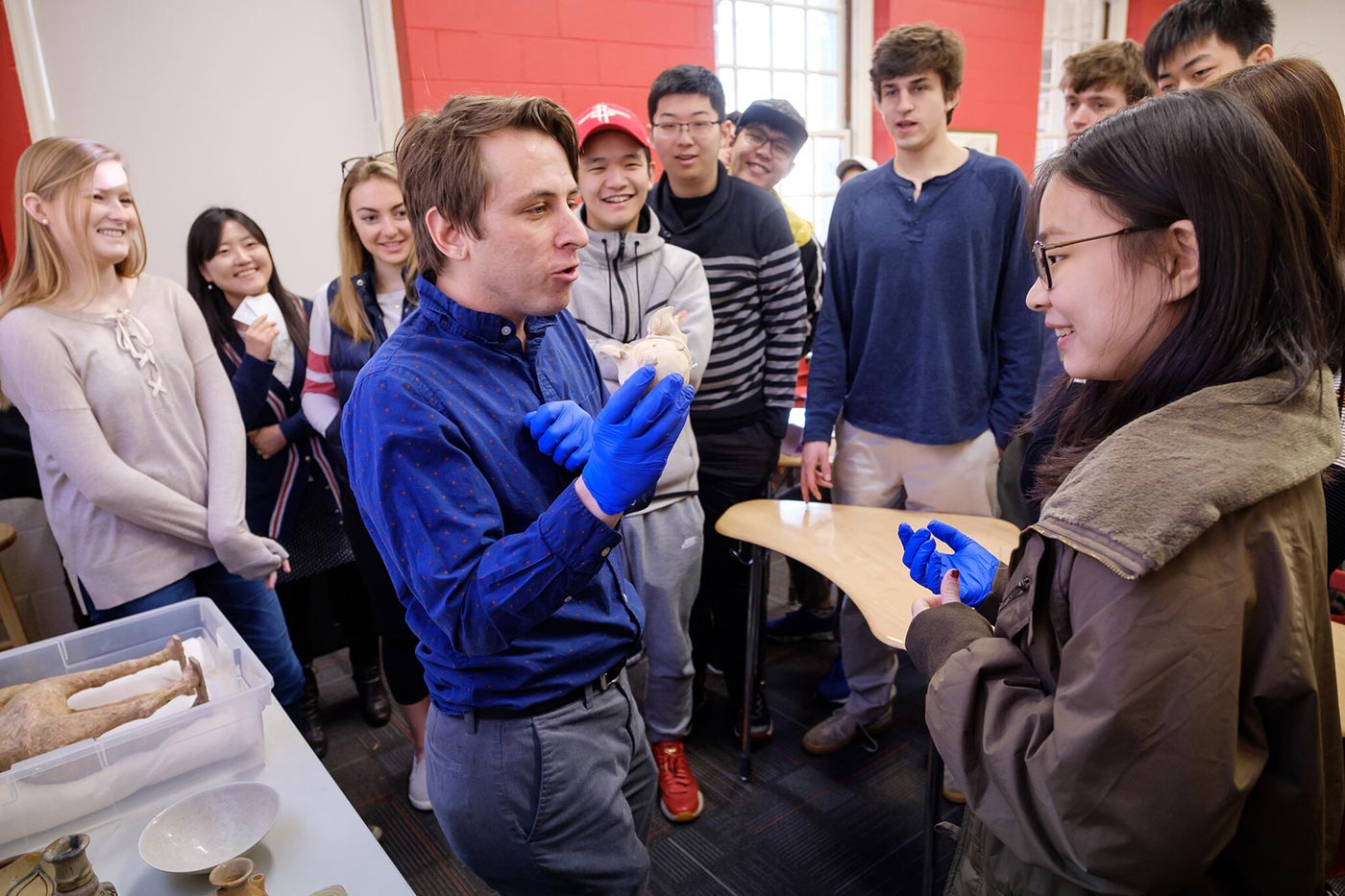
History Degree
Bachelor of Arts, Minor
Program Type:
Major, Minor
Career Path:
Humanities
Program Site:
College or School:
Why study History?
History majors will study major social, economic, political and cultural events of the past. Students are encouraged to develop an understanding of the history and culture of ancient, medieval, as well as modern times, including those societies outside traditional American and European boundaries.
- Wake Forest’s History curriculum can take you almost anywhere you’d like to visit. It offers no less than 10 concentrations covering economics, religion, politics, science, sociology and areas.
- Over time, 21 History majors have earned the Rhodes (2), Truman (3) or Fulbright (16) Scholarship. The most recent honoree is Abigail Eakle (’24) of Sarasota, Florida, who taught English as a Second Language in South Korea. Other prominent alumni include Ed Reynolds (’64), Wake Forest’s first Black student and a distinguished professor at UC San Diego.
The History degree is offered as a Bachelor of Arts (B.A.) and a minor.
What classes would I take?
Our model and curriculum educate the whole person and often help students discover interests they had never previously discovered. Students generally take 100-200 level courses during their first year of college, while registering for higher level courses as upperclassmen.
Sample courses* that you may take as an History student include:
100-200 level
- Western Civilization to 1700
- Medieval World Civilizations
- Americas and the World
- Global History of Exploration
- Europe: From Renaissance to Revolution
300 level
- Plants of Empire: Power and Pleasure
- Science, Magic, and Alchemy in Europe, 1400-1700
- Italian Renaissance
- Zionism, Palestine, and Israel in Historical Perspective
- The United States and the Global Cold War
* Course availability and offerings can change at any time. Refer to the Academic Bulletin to view all major requirements.
What kind of experience will I gain?
A sound component of a liberal arts education, history serves practical needs by providing solid background for pursuing graduate studies or a career in law, education, business, advertising, ministry, journalism, government service, or preservation. The history major meets an important need for the business world by providing the ability to analyze and write effectively, and by developing a sense of balanced judgment. For those who choose to teach, the major provides necessary subject-matter content.
Students in this program will develop the following skills:
- Ability to analyze historical works
- Research skills as demonstrated in papers and exams
- Capacity to learn a foreign language
- Talented at evaluating and interpreting events, information, and ideas as they relate to the past
- Skilled in written and oral expression of ideas
- Time management skills
- Ability to retain diverse sets of information
Are there extracurricular activities?
Joining a club or organization is a great way to get involved and do more with your major. Our History students participate in the following programs:
- Center for Global Programs and Studies
- Casa Artom
- Flow House
- Worrell House
- Lam Museum of Anthropology
What kind of job can I get?
Careers that often interest History majors, and fields our graduates work in, include:
- Archivist
- Attorney
- CIA/FBI Agent
- Consultant
- Curator
- Editor
- Educator
- Financial Analyst
- Foreign Service Officer
- Journalist
- Legislative Aide
- Lobbyist
- Market Analyst
- Museum Director
- Physician
- Politician
- Press Secretary
- Public Relations Specialist
- Writer
Graduates have enjoyed careers in finance, military service, law, education and several other sectors.
Related Programs
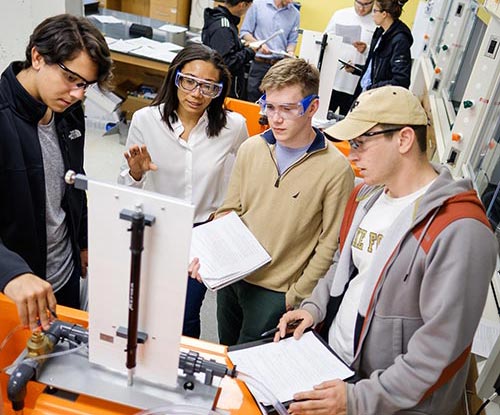
Majors & Minors
Choose from more than 50 majors and over 60 minors to find your perfect fit.

Life at Wake
Take a moment to explore all the student experiences that make Wake Forest unique.
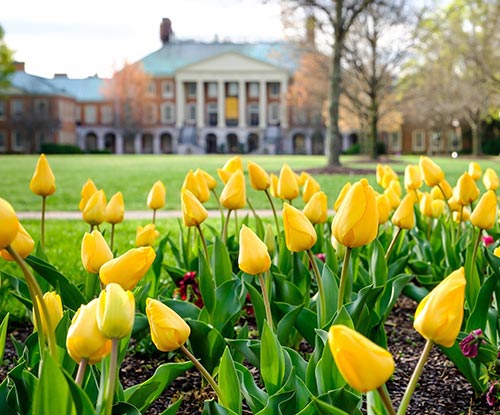
Virtual Tour
Can’t make it for a visit? No problem! Let us show you around campus virtually.
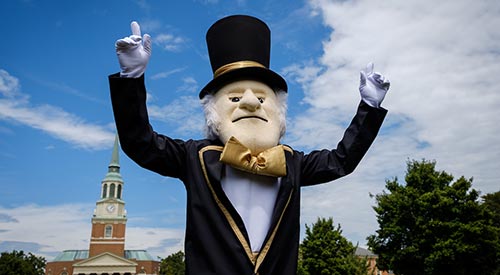
Keep in Touch
Let us know you’re interested in Wake Forest and we’ll do the rest.
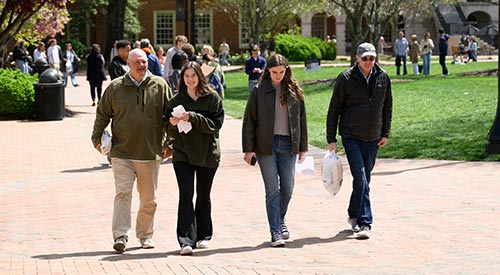
Visit Campus
You truly can’t appreciate the beauty of our campus until you experience it for yourself.
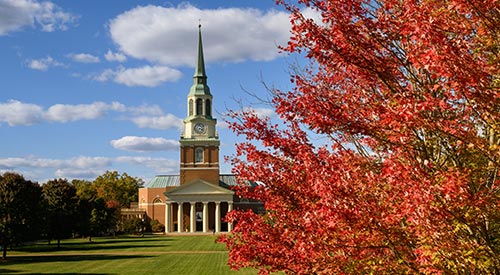
Apply
Want to be considered for our next class of Demon Deacons? Here’s how to get started.
